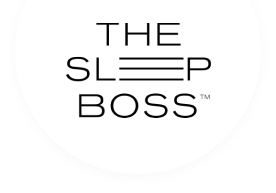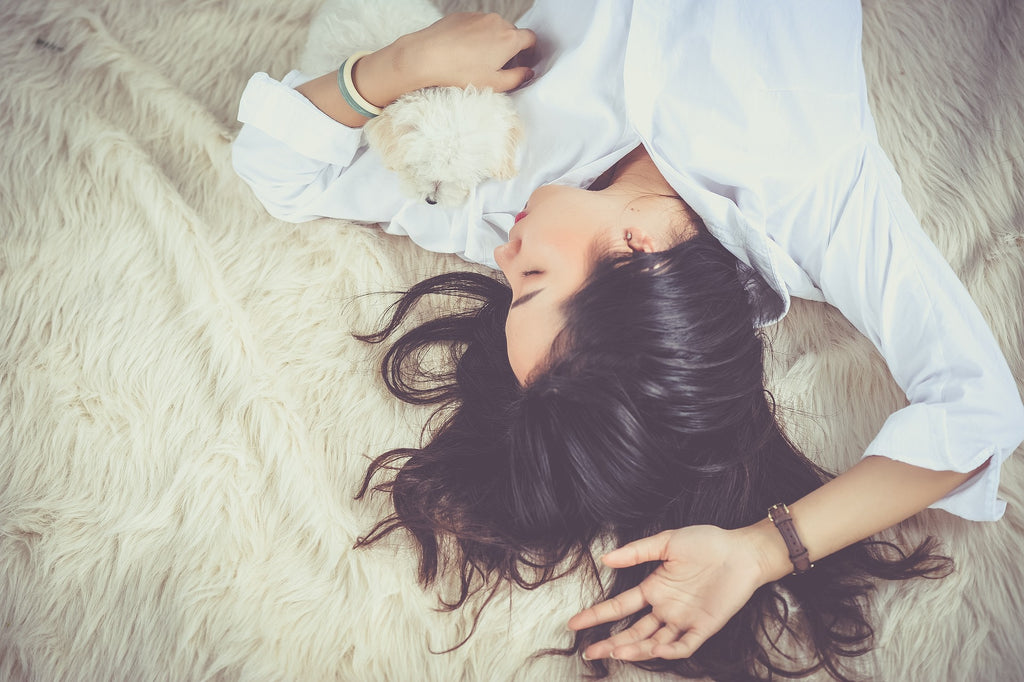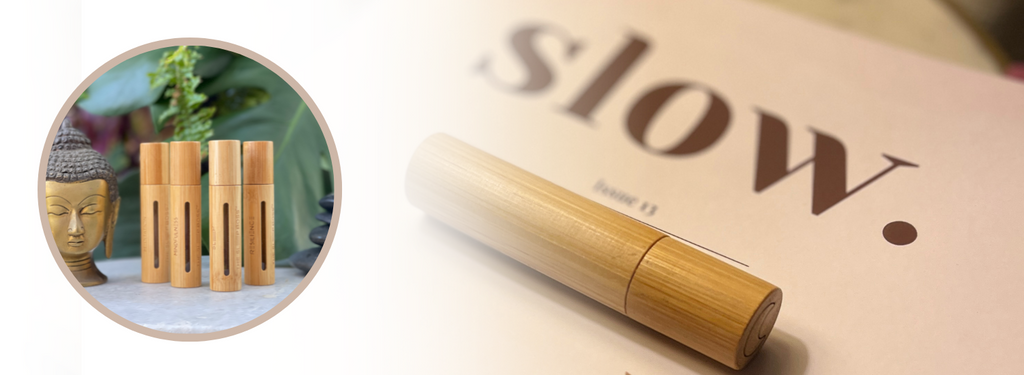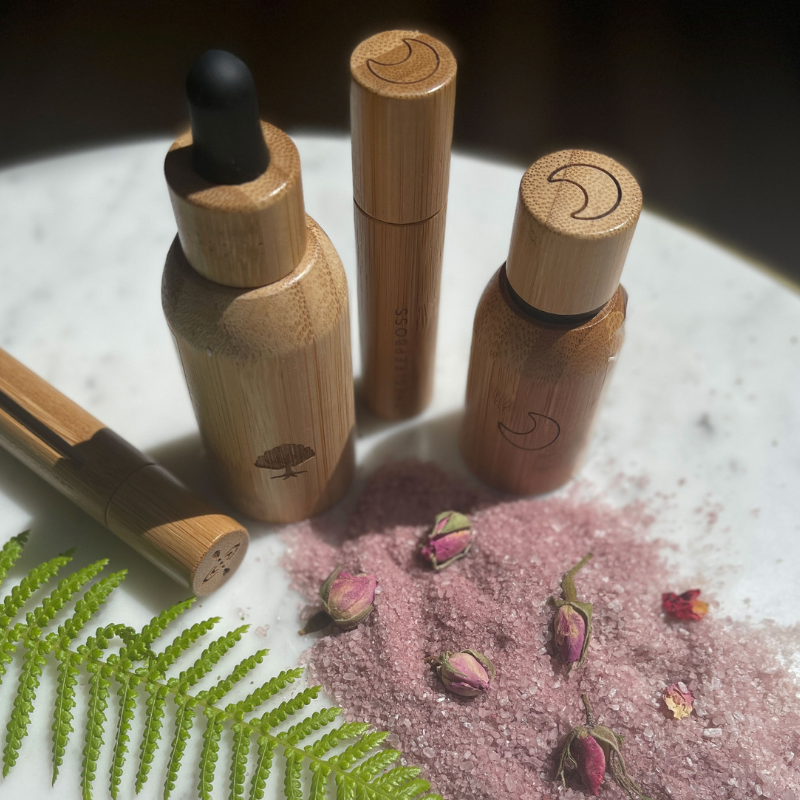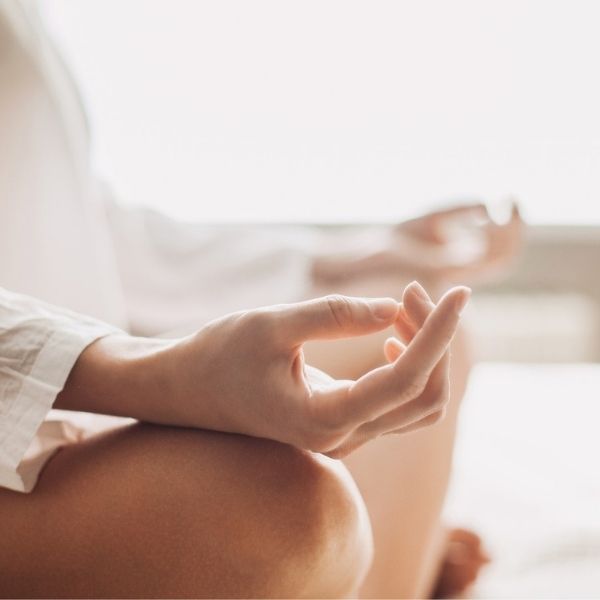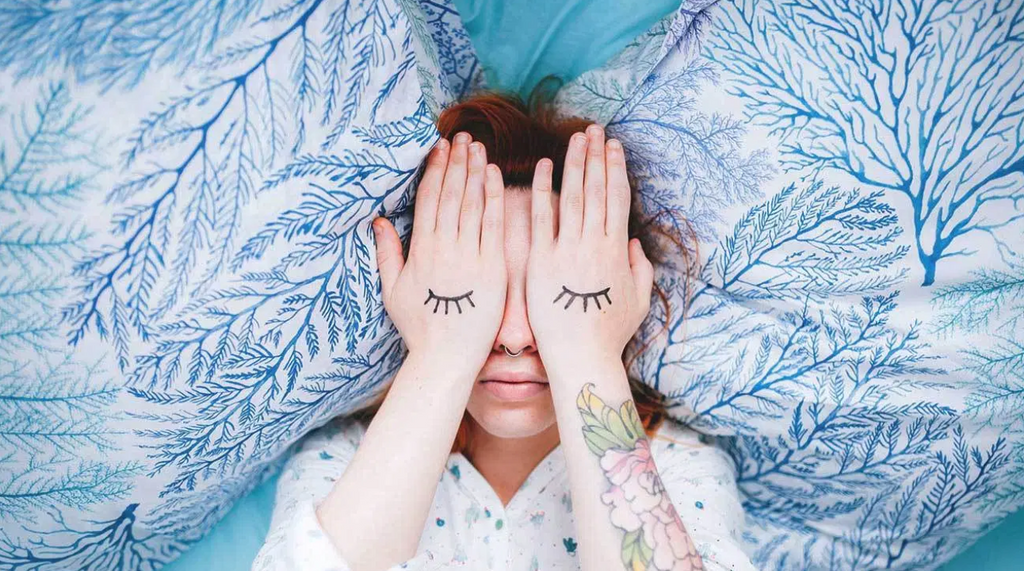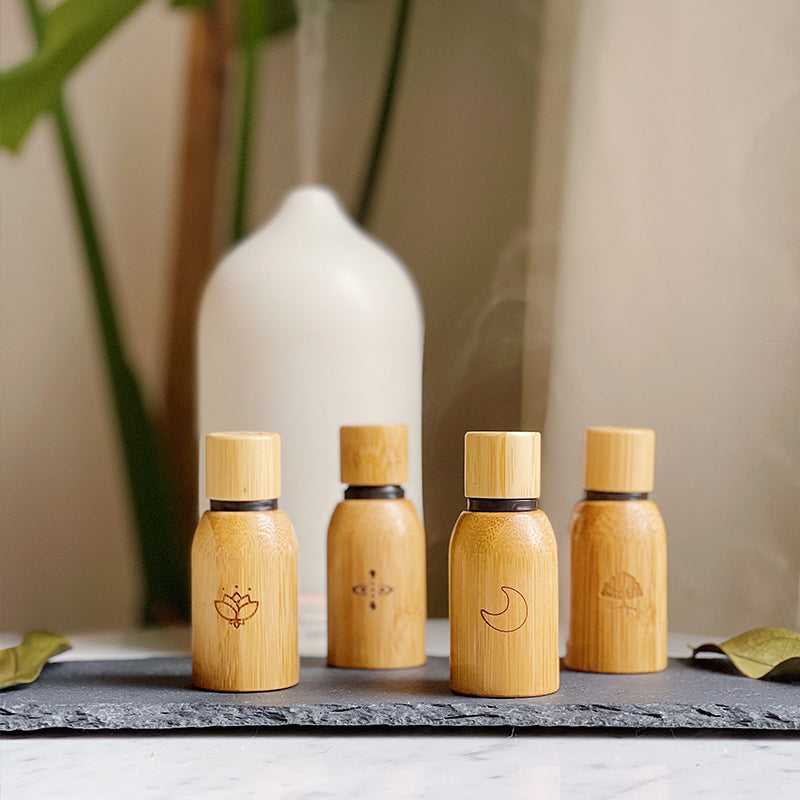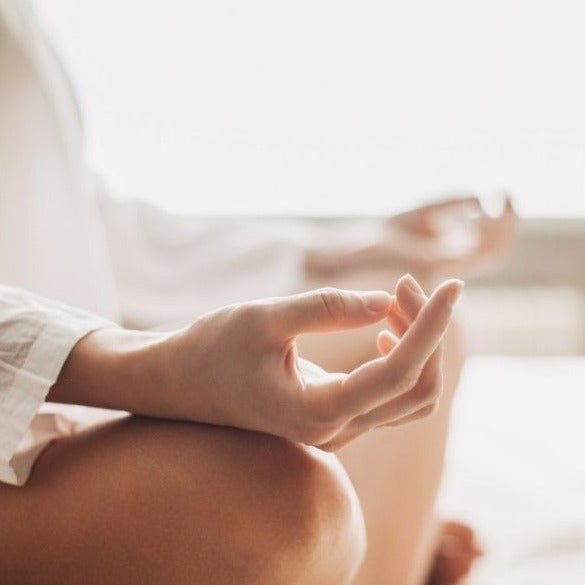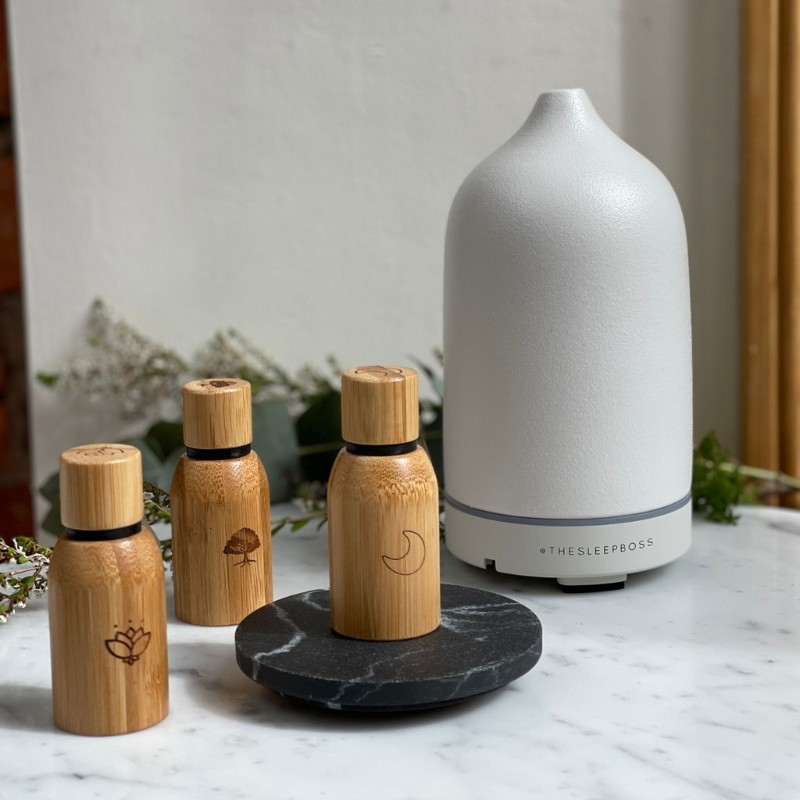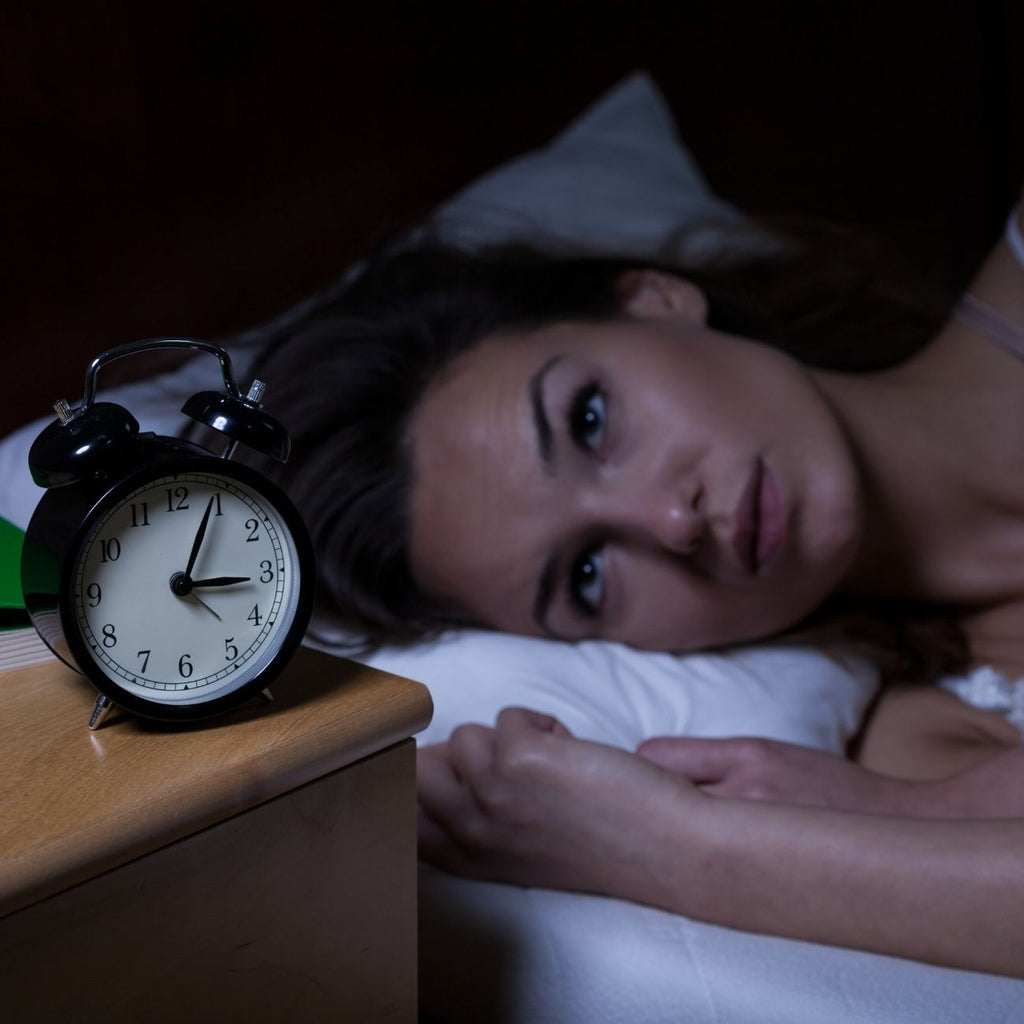
The Fight Against Insomnia
Do you lie awake each night with burning eyes and a racing mind? Trying, but struggling to fight the fatigue and refuse the tricks insomnia wants to play on you?
You’re not alone.
In fact, insomnia is the most common sleep disorder. Broadly defined, insomnia is difficulty initiating or maintaining sleep (WHO, 2016). It affects 10 percent of adults chronically and 25 percent of adults acutely (University of Pennsylvania, 2018). Insomnia can result from a health condition, lifestyle, physical or mental conditions. The most common causes of insomnia are increased stress, anxiousness, excitement, overthinking or jet lag. Anxiousness is often a short-term cause for insomnia resulting from the day's experiences and jet lag eventually settles down too. Increased stress and overthinking tend to be the most detrimental causes. The timeframe most adults fall asleep in sits somewhere between 20 to 30 minutes. So, if you find that it takes you 25 minutes most nights, don’t fret. When you’re watching the clock as hour's pass or becoming restless and unable to find the right postion, you may be suffering insomnia. Sleep deprivation from insomnia is often temporary, however less common long-term conditions like respiratory disorders, gastrointestinal problems, fatal familial insomnia, delayed sleep phase disorder (DSPD) and others overpower fatigue. Make sure you check with your local GP if you feel like these conditions could be causing your insomnia.
Fight or Flight
When you start to experience recurrent insomnia, your bedroom becomes a battleground. Insomniacs become more stressed when bedtime rolls around, inevitably resulting in no to little sleep, over and over again. It’s a vicious cycle. The stress and overthinking your body concocts when it comes to bedtime triggers your fight-or-flight mechanism and floods your body with hormones. Cortisol and adrenaline can run rampant through your system increasing your blood pressure and heart rate, ultimately making your body hyper-aware and over-stimulated. Studies indicate that the level of adrenaline preventing sleep for those with insomnia also affects your metabolism (Dan Kwartler, 2018). Consequently, using up all the resources you’re supposed to gain from sleep.
Anxiety, Depression and Treatment
Insomnia is also linked to anxiety and depression. Individuals experiencing prolonged bouts of insomnia are more likely to experience these side effects, causing additional stress. Effective treatments for some forms of insomnia include cognitive behavioural therapy for insomnia (CBTI) or limited use of sleeping pills. To learn more about CBTI, click here. Chronic insomnia might also need clinical treatment by a specialist, but if you’re open to trying new holistic methods, we’ve got some suggestions.
Read our shortlist below.
Reduce stress:
Simple yet effective tips for reducing stress at night time include:
- Having a bath. Your body relaxes and the warm temperature coaxes your body into a sleepy state.
- Reading. This provides for a great distraction from overthinking.
- Meditation. The practice calms the mind and reduces anxiety.
- Stretching. A practice that relieves tension from the day.
- Journalling. This can help you unpack your day and release negative thought patterns.
Create a night-time routine:
Good sleep practices help rebuild your relationship with bedtime. Creating a nighttime routine helps the body in understanding when it’s time to wind down. Your routine could include:
- sipping a soothing herbal tea,
- reading a book.
- changing into your pyjamas.
- brushing your teeth.
- putting your phone away 20 minutes before bed.
Adjust your space and climate:
The right space and climate play a huge role in allowing your body to fall asleep, and stay asleep. Make sure you try to:
- Reduce bright light by using a lamp instead of overhead lights to create a warmer space.
- Ensure your room is dark, and the temperature is cool. This helps to reduce distractions and creates a comfortable sleep environment.
- Remember to try and use your bedroom for sleep only. If sleep evades you, leave the room to do some relaxing activities and then come back when you’re feeling ready.
Set a regular bedtime:
Sticking to consistent sleep and wake times greatly improves your quality of sleep. Your body develops an achievable routine and you’ll start to notice greater tiredness at nighttime and alertness in the mornings. Trust us, sleeping in and hitting snooze isn’t always the answer.
The balance between our sleep and wake cycle is so vital in maintaining a healthy lifestyle, physical wellbeing and mental wellness. Just to reassure you too, studies have indicated that 75% of those that suffer from insomnia recover (ScienceDaily, 2018). So, there is light at the end of the tunnel and sleep-filled nights ahead! We can’t provide the cure to insomnia, but we sure do hope that greater understanding and some of the aforementioned coping mechanisms help you.
References:
University of Pennsylvania School of Medicine. One in four Americans develop insomnia each year: 75 percent of those with insomnia recover. ScienceDaily. June 5, 2018.
